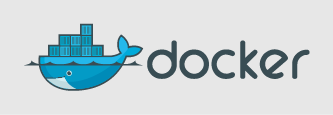Using Docker for OE/Yocto builds
Why Docker? When using OE to build software for products, we often run into the scenario where software needs to be built using the same version of OpenEmbedded over the course of several years. Production builds need to be predictable. We’ve also observed that old versions of OE often break as new Linux distros come out. This is just the result of the complexity of building tool chains. Additionally, for predictable builds you really don’t want to be changing the build OS. This requirement automatically rules out Arch Linux, Debian Unstable, Gentoo, etc as production build machines. Additionally, having developers debug OE build issues on varying workstation distributions is frustrating and time consuming.
